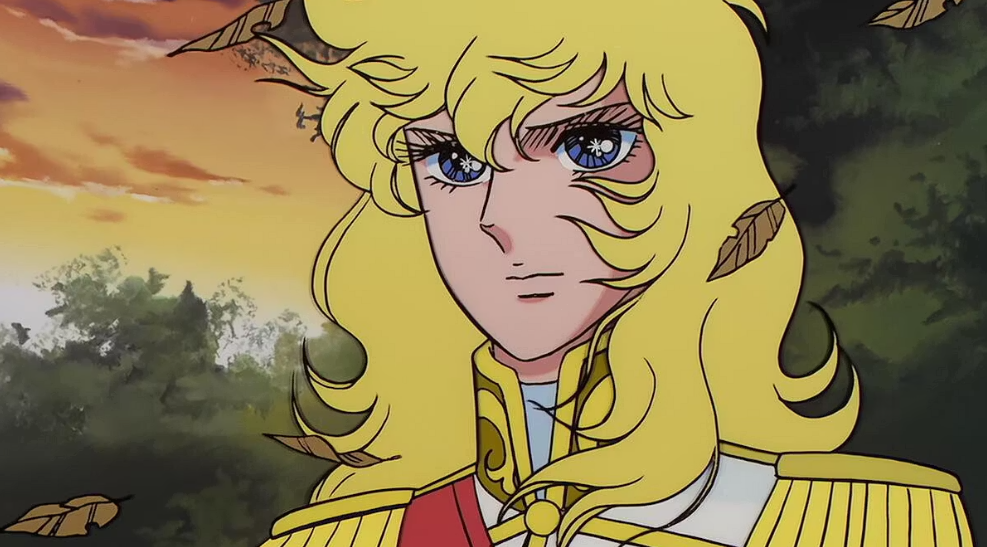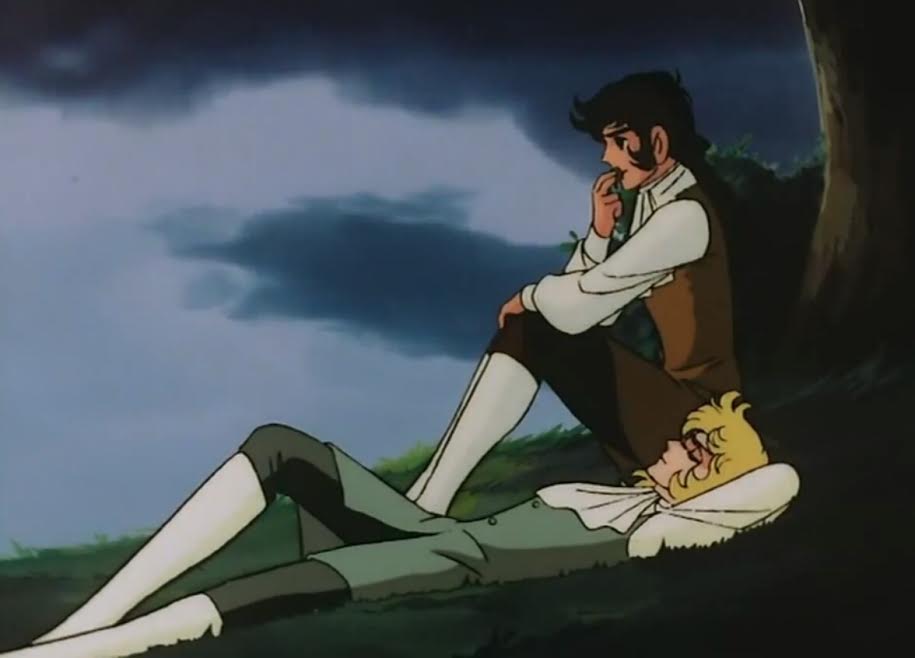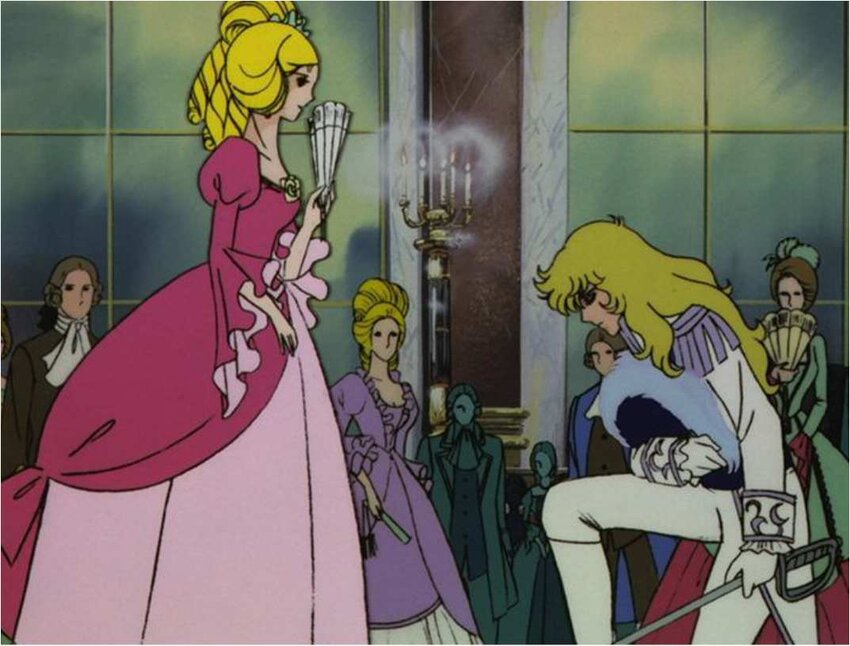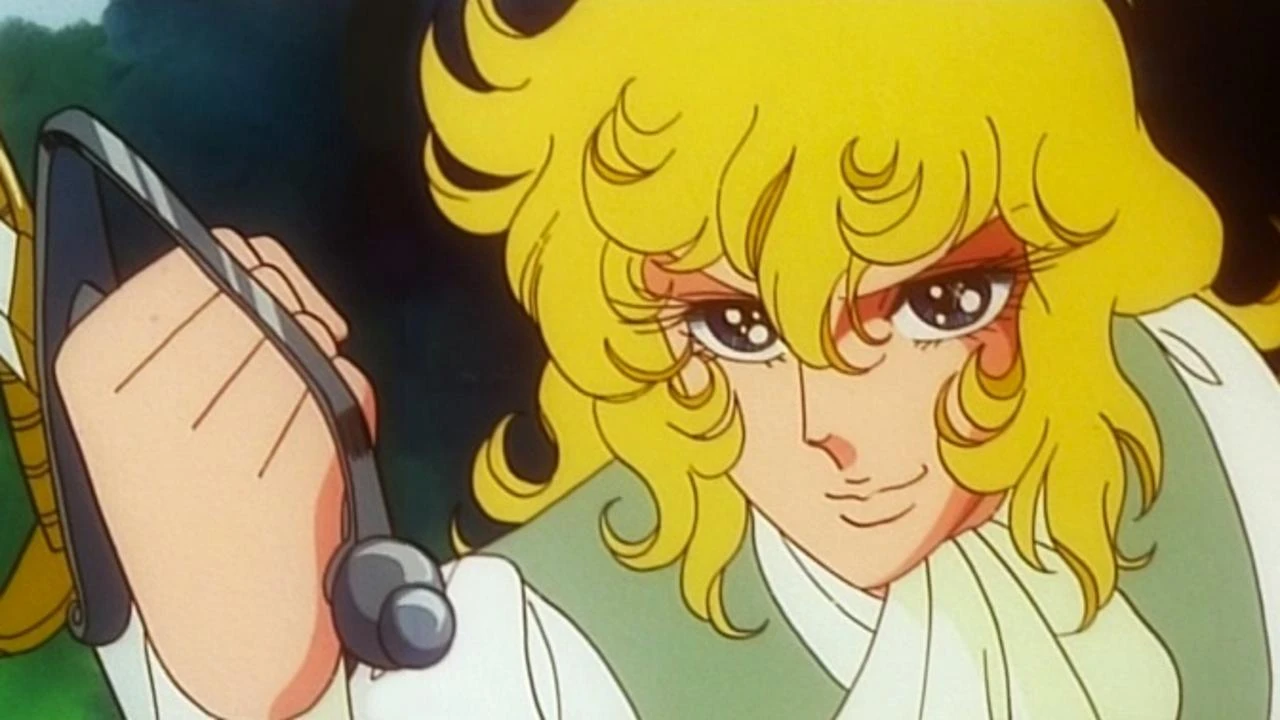By Athina Varvesioti,
One can only imagine the limited amount of liberties and rights a woman must have had back in the late 18th century, at the dawn of the quintessential 1789 Revolution of the French against monarchy-or to be more accurate, against tyranny. At the same time, one can also imagine the lack of empathy and the indifference of the aristocracy towards the people of France, who had been starving and suffering under the reign of a greedy palace. Riyoko Ikeda, the world-renowned manga artist, however, did not content herself with mere imagination; from the ashes of this phenomenal historical event that changed the trajectory of the world, she created one of the most revolutionary pieces of art for its time (1970s), The Rose of Versailles.
The manga and thus, the anime that emerged a few years later, narrates with outstanding historical accuracy –to the extent that it has won awards for it– the events that occurred before and during the Revolution and examines the life of Marie Antoinette, the controversial, defining figure of France during the second half of the 18th century. At this point, one may ask; why would we praise and analyze media on the French Revolution this much? Have we not encountered countless analyses, books and films on the subject already?
The answer to this question lies in many aspects of The Rose of Versailles. We are dealing with a particularly intricate exploration of gender norms and sexuality through the lens of a character that constitutes Ikeda’s major divergence from history: Oscar François de Jarjayes. The wondrously androgynous commander of the Royal Guards and sworn protector of Marie Antoinette, Lady Oscar, albeit born female, has been raised by her father, who desperately wished for a son and male heir to his position in the palace, to behave and look like a man according to the norms of the era. During a period whereby slight deviation from rules was enough to cost one their head, Oscar not only occupies a position typically reserved for a man, but also cunningly tricks everyone in Versailles, even the queen herself, with her remarkably masculine attire. Lo, Marie Antoinette is astonished to discover that her protector is, in fact, a woman! Her charms are more than enough to make everyone, from her childhood best friend André, to Antoinette’s secret lover, Axel von Fersen, fall for her. Of course, what could one expect from a character that was inspired by Björn Andrésen, the most beautiful boy in the world?

Through her ambiguous protagonist, Ikeda wished to portray the agony and underlying fears that come with compulsory heterosexuality (abbreviated as comphet), which stands for the idea that queer individuals are coerced into living by heterosexual norms and respectively enter relationships which are not aligned with their true desires, be they romantic or sexual. Such notions criminalize queer identities and dictate that everyone, regardless of their sexual orientation, must adjust themselves to a world where heterosexuality is the indisputable norm, with little to no consideration for the harm that can ensue.
Indeed, throughout the series, we witness Lady Oscar strive to figure out who her romantic interest truly is, torn between the men that surround her, as well as the women of the palace. There are undertones which become more visible in the series and betray some form of attraction towards both the queen and other secondary characters. Despite any such potential sentiments of affection towards women, Oscar stands unable to externalize and act upon them due to the reality of her times.
Even in her romantic and platonic relationships with men, Lady Oscar refuses to be treated solely as a baby-making machine or an obedient housewife who does not talk back to her partner (let us not forget that she is literally the Commander of the Royal Guards!). Considering the fact that all events occur before/during the French Revolution, painting the portrait of a powerful woman who claims her personal space for expression and growth is certainly a sight to behold. Largely influenced by the feminist movement of post-war Japan, Ikeda defies gender norms and gives a loud and clear voice to her female characters. Much like Oscar, Marie Antoinette is an intriguing figure, in that she does not accept a loveless marriage, she pursues her true romantic interest and is not restricted by societal norms which are meant to subjugate her in favour of male dominance. Although her freedom appears limited in comparison with Oscar’s, she is still a woman that, in her own way, revolts against ideas imposed on her that delegitimize her identity.
It is significant to mention that Lady Oscar’s androgynous appearance and André’s, for instance, polished masculine image are implicit indications of a male-male romance, for they both exhibit characteristics that can, by the norms of the period, place them under the broad category of “male”. He eventually becomes Oscar’s love interest, and here we have an explicit defiance of societal rules, for the former comes from a notably lower social and financial class, being the grandson of the woman that raised the latter. In this cross-class romance, Oscar treats her partner with respect and affection, with zero regard for what divides them and more interest in everything that unites them as personalities, and not merely as pawns of the game of French society.

Lady Oscar’s class consciousness is another extremely important aspect of her character that needs to be examined. It was inconceivable, back in the day, that two individuals hailing from completely different backgrounds would have a love affair, let alone marry each other. Each to their own, to put it briefly. However, perhaps the most crucial point to raise here concerning class consciousness, is Oscar’s steadfast refusal to indulge in the riches provided to the people of the palace in Versailles. While the majority of them are ignorant towards the high rates of starvation and poverty among the French, Oscar does not turn a blind eye to their needs. She repeatedly attempts to warn Marie Antoinette on the dangers of luxury and the outrage of the people that would soon transform into a violent uprising that would probably (definitely, as history proved) cost her and the king’s head. More actively, Oscar offers help, be it financial or not, to multiple characters of lower classes throughout the manga/anime. Point is, while as reality has indicated that the rich usually overlooked the anxieties and issues of the people below them, with Ikeda’s main character comes a subversion of our expectations, which is certainly a pleasant surprise.

The Rose of Versailles blends several genres in a way that one does not outshine the other. Melodrama, romance, action, all come together to create an artwork that discusses politics and merges romantic narratives with vendettas and sometimes subtle sometimes not, historical criticism. Accompanied by a wonderful soundtrack curated by Koji Makaino that evokes a retro feeling, the anime specifically provides us with a detailed insight on the events that altered France forever, while it does not cease to yield to clashes, romances and devious schemes that create a suspenseful atmosphere for the watcher.
While the French Revolution is still discussed in terms of its significance for the entire world and the need for the defence of one’s own rights, media and artwork dedicated to it will be circulating for a long time to come. The Rose of Versailles is undoubtedly one of those worth to check out.
References
- Revolutionary manga ‘The Rose if Versailles’ turns 50. France 24. Available here
- 50 Years of “The Rose of Versailles” and Its Enduring Themes of Timeless Love and Female Empowerment. Nippon.com. Available here
- Comphet: Definition, Symptoms, & How to Overcome. ChoosingTherapy.com. Available here




